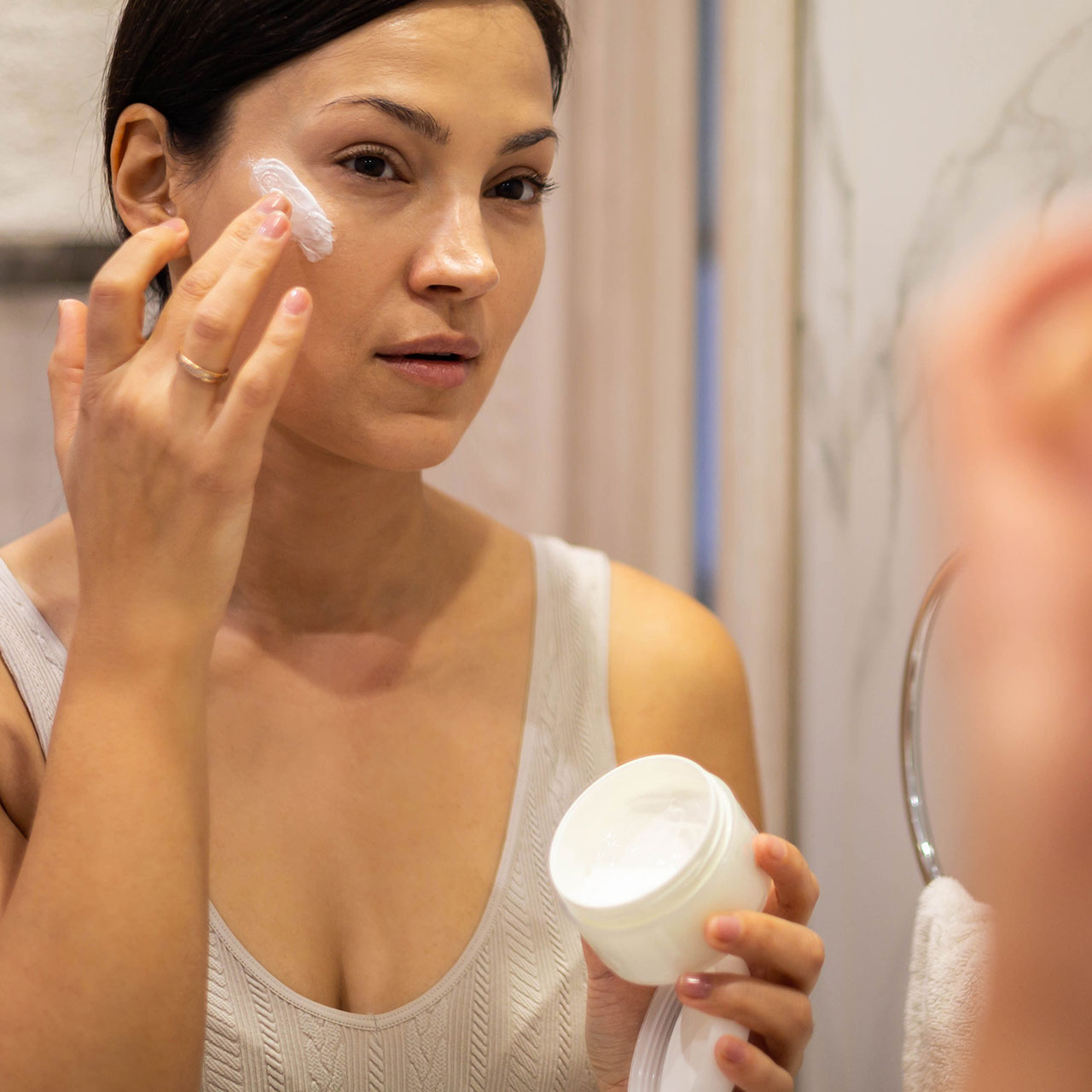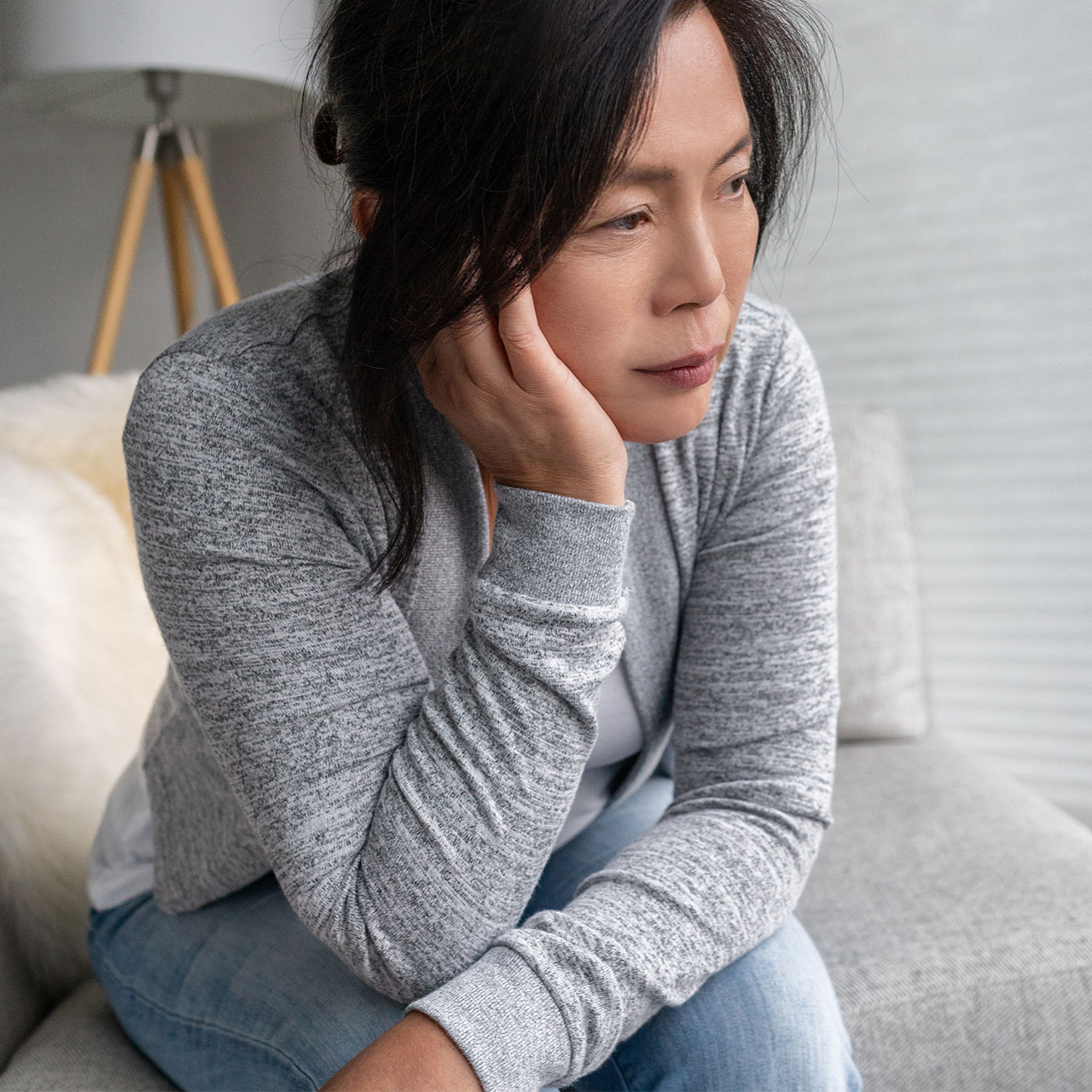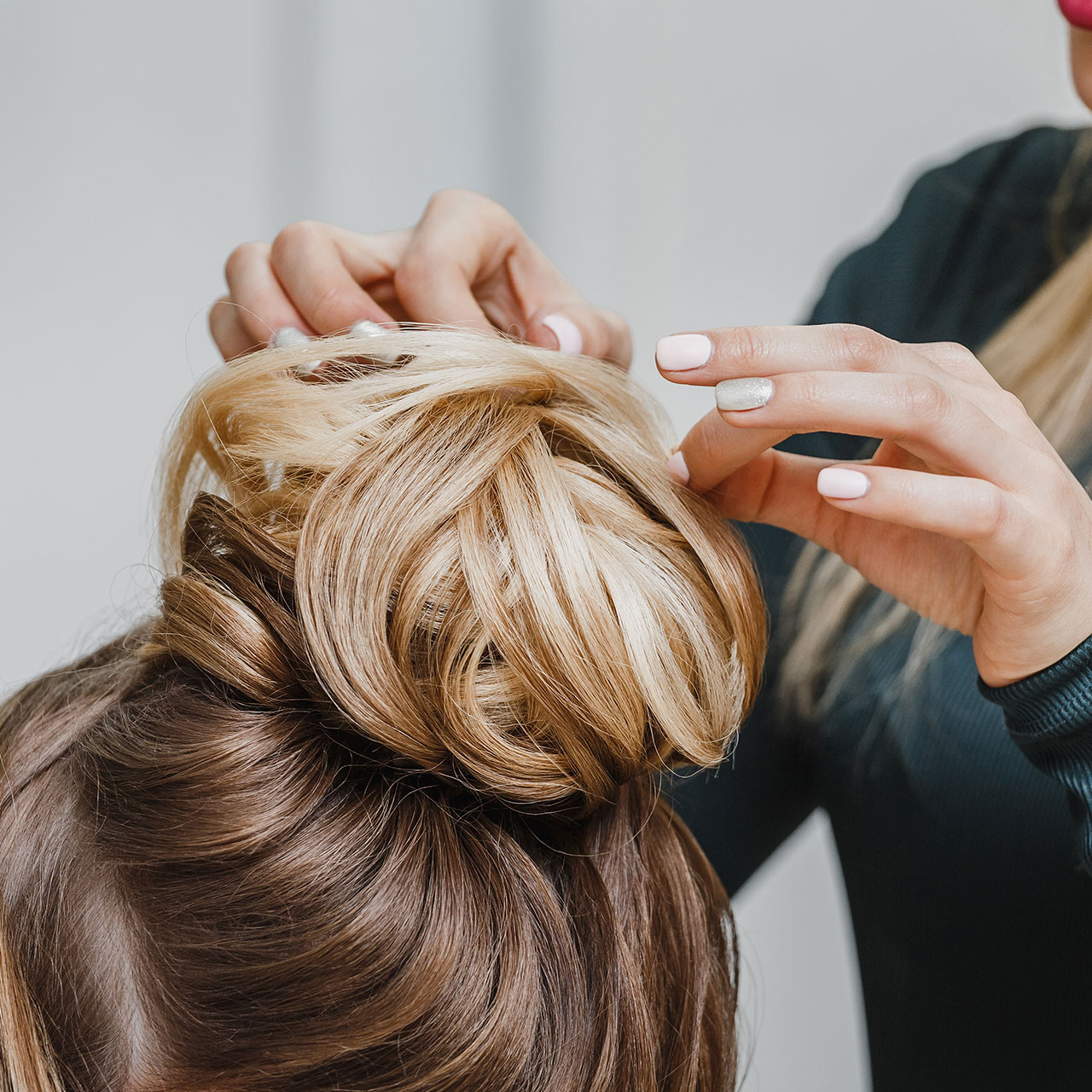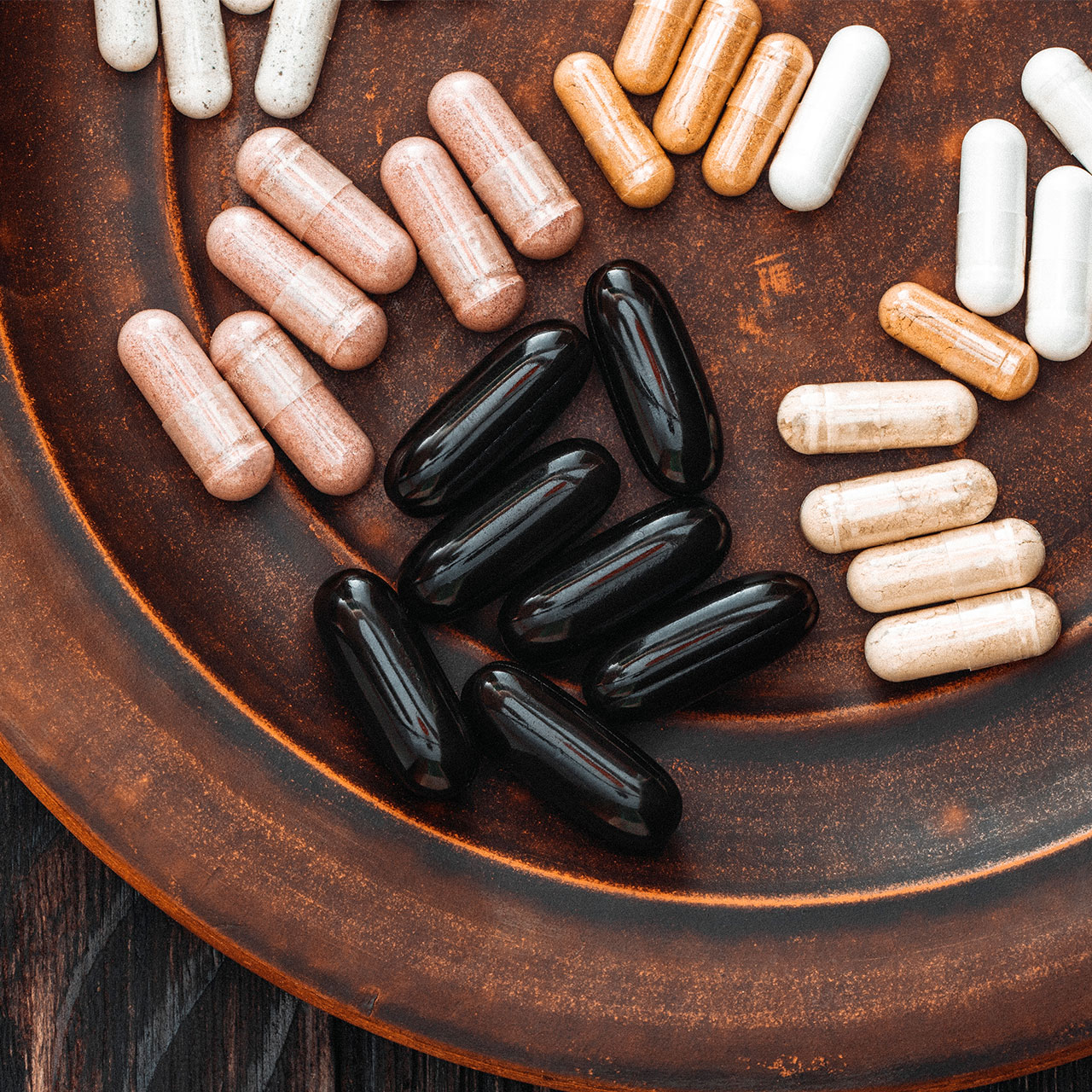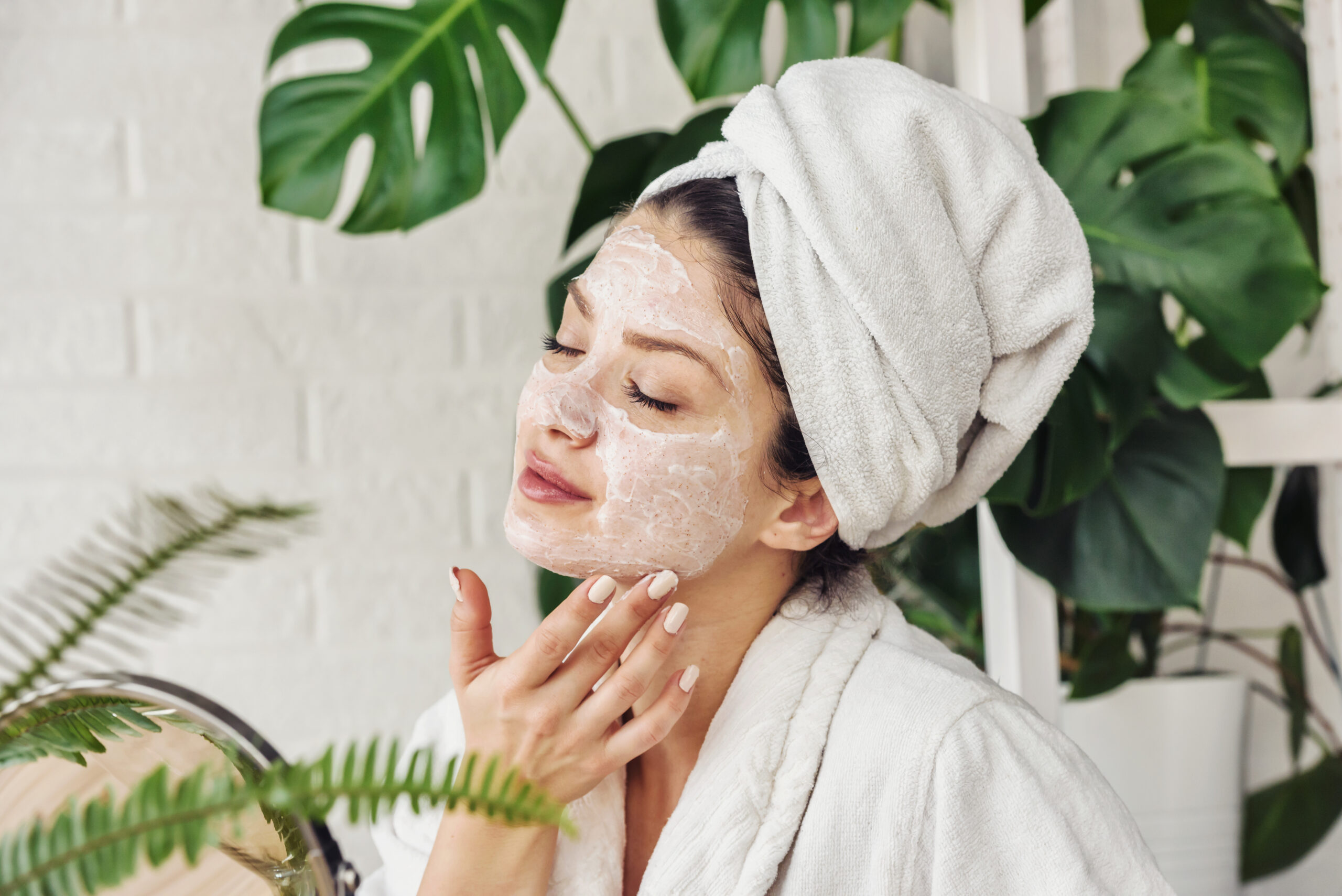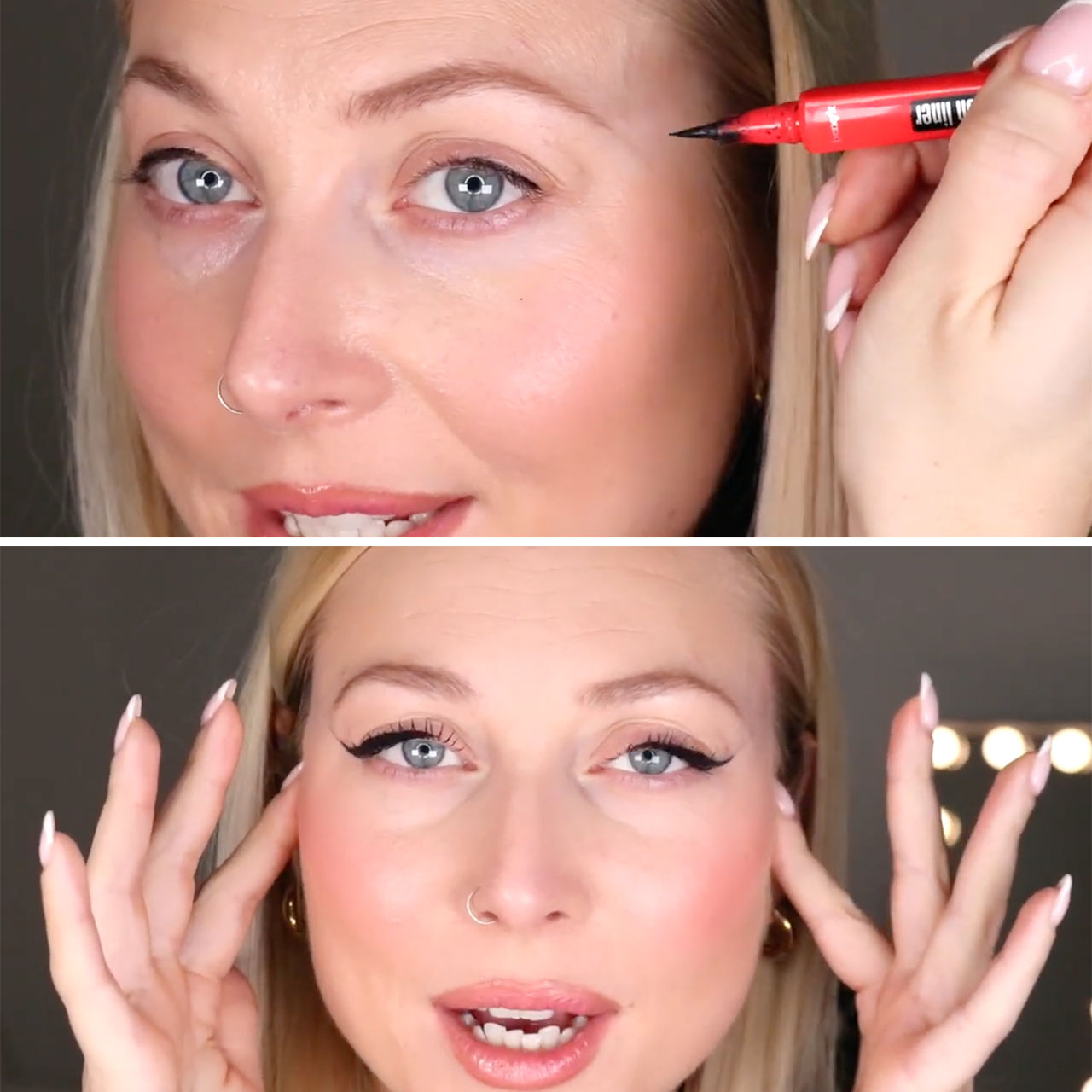Acne wasn’t fun when you were a teenager, and it’s especially not fun when you’re an adult. However, if you struggle with adult acne, you’re certainly not alone; in fact, this issue affects about 54% of women over the age of 25. And luckily, there are also plenty of solutions to help you keep things at bay and pave the way for clearer, glowing skin.
To learn all about the best ways to treat acne as an adult, we spoke to board-certified dermatologist Viseslav Tonkovic-Capin, MD, from Derm Board. Read on for all of his top acne-fighting tips and tricks, from lifestyle changes to skincare products to steer clear of.

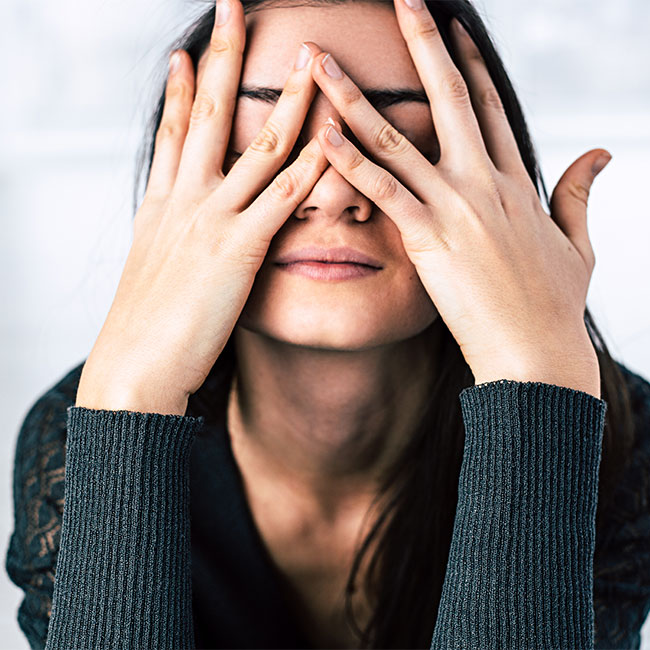
1. Reduce stress
Believe it or not, the source of your adult acne may come down to stress. If you've found you've been feeling the pressure of life, work, and relationships lately, one way to manage your acne and effectively clear up breakouts is to make efforts to reduce stress in your life. There are many simple ways to do this. First and foremost, Dr. Tonkovic-Capin recommends prioritizing a good night's sleep. That means you should be getting at least 6-8 hours each night—and maybe the occasional 20-minute midday nap! Additionally, he suggests getting ample exercise each day. This can include a "daily brisk 20-30 minute walk," for example. Other stress-fighting habits include meditating for 5 minutes each day, reading for 30 minutes, and steering clear of electronic media past 8 PM.

2. Eat real foods
Diet is another major factor in the health of your skin. For this reason, Dr. Tonkovic-Capin urges women struggling with adult acne to take measures to eat healthier, whole foods. That means you should make foods that are in their natural shape (like whole apples over apple sauce or apple juice) a priority. "Eat more calories from plants than from meats," he instructs, adding that you should also "avoid skim milk and sugary or starchy foods and "eat foods from farms, not factories. " Noted!

3. Drink more water than any other fluid
You've probably heard it time and time again from doctors, skincare experts, and even friends and family, but it can't be stressed enough: hydration is *everything* when it comes to clear skin! That means you shouldn't underestimate the importance of drinking plenty of water each day. In fact, Dr. Tonkovic-Capin says you should drink more water than any other beverage. (Yes, that includes coffee!) When you're properly hydrated, your body is better able to flush out toxins and bacteria, and your skin will maintain more moisture, leading to healthy, rejuvenated cells. So fill up that water bottle and get sipping!
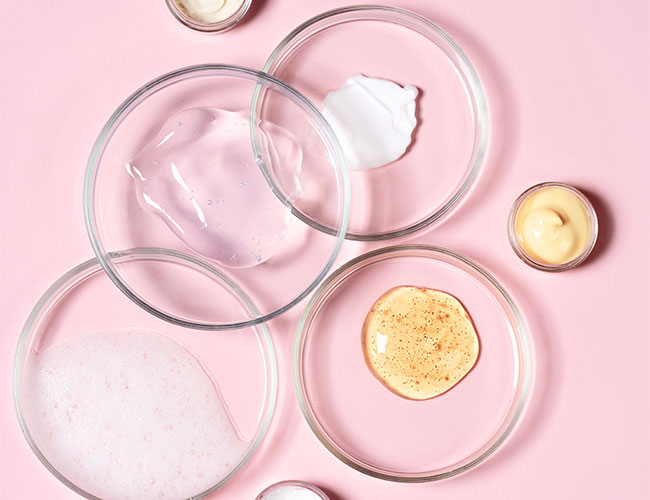
4. Practice simple and common-sense skincare
Last but certainly not least, we can't forget the importance of a simple but effective skincare routine. Dr. Tonkovic-Capin says you should always "wash your face gently with mild washes before sleep to remove accumulated dirt and environmental toxins." Additionally, you may want to consider using acne pads presoaked with salicylic acid "or, even better, those with the addition of rejuvinating antioxidant trans-resveratrol (e.g., Acne BLU), which will open up the pores, reduce acne-causing bacteria and rejuvenate the skin." Sounds perfect!
However, it's important to be as gentle as possible with your skin. That means you shouldn't go overboard on acne treatments. "Any product used excessively, including acne treatments, will cause skin irritation, inflammation, and pore plugging due to swelling," Dr. Tonkovic-Capin warns.
Of course, you should pay attention to the beauty products you're putting on your face, too. Dr. Tonkovic-Capin says you should "avoid pressed, liquid, or pasty makeup because it can cause or worsen acne." Instead, he recommends loose mineral makeup.
Finally, you'll want to avoid the following ingredients:
-Coconut oil
-Apricot kernel oil
-Almond oil
-Some forms of vitamin C (ascorbyl palmitate)
-Shea butter
-Sodium laureth sulfate
-Hair sprays
At the end of the day, the best way to treat your acne is to work with a dermatologist to target your specific skincare needs and find what works for you. Remember that it's also important to keep your mental and physical health in check. That means that in addition to using the right products, you should always make efforts to keep stress to a minimum and nourish your body with healthy food and ample hydration, as Dr. Tonkovic-Capin suggests.














